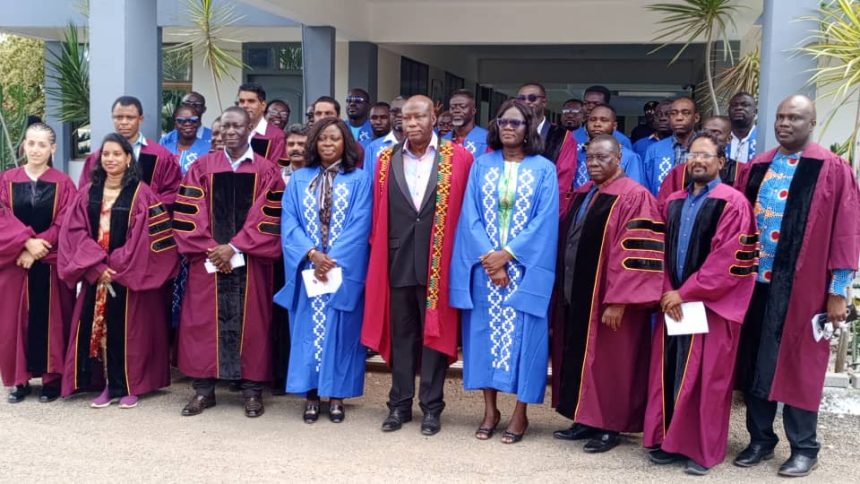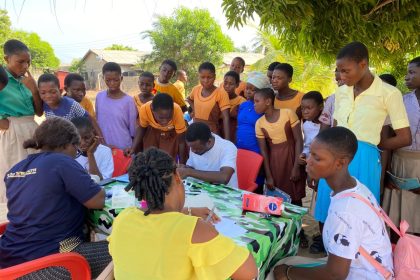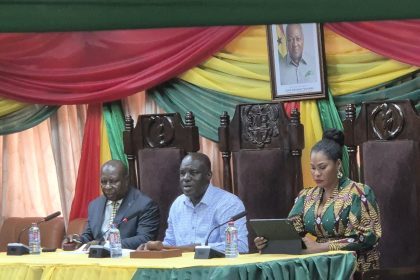The Acting Vice-Chancellor of KAAF University, Dr Francis Achampong has expressed concern over what he described as the gradual relegation of engineering education in Ghana’s universities, particularly those originally established as engineering institutions.
Speaking in an interview after the matriculation ceremony of KAAF University on the school’s campus, Dr Achampong blamed both government and university authorities for changing the dynamics of engineering education in the country.
According to him, universities like the Kwame Nkrumah University of Science and Technology (KNUST) were largely engineering institutions, “but now, Arts programmes dominate than the original purpose for which Kwame Nkrumah set it up. Now you have more social sciences and many others apart from engineering.”
He also cited the transition of polytechnics into universities as a factor and lamented that the trend had shifted the focus of universities away from their core mandate of training engineers and technical experts needed to drive national development.
Dr Achampong reaffirmed the university’s vision to remain committed to becoming a center of academic excellence that nurtured integrity, innovation, and professional competence.
He advised the matriculants to avoid behaviours that undermined their potentials and study well to help change the country’s narrative.
Registrar for KAAF University, Mrs Linda Anane-Donkor, stated that the institution had attached a compulsory entrepreneur training to all programmes aimed at imbibing the art of entrepreneurship skills to support students after school.
She urged the new entrants to be conversant with the school’s code of conduct and ethics to guide them throughout their duration on campus.
The university admitted a total of 1,345 students for the 2025/2026 academic year across its various faculties.
They include the Faculty of Engineering with options in Civil, Mechanical, Electrical, Construction, Information Technology, and Computer Science.
Others are the Faculty of Business and Education with options in Accounting, Banking Finance, Marketing, and Human Resource Management.
The rest are, Faculty of Health and Allied Sciences with options in Nursing, Midwifery, Public Health Nursing, Medical Laboratory Science, Doctor of Medical Laboratory, and Doctor of Pharmacy as well as the Faculty of Law and Political Science with options in LLB Law and Political Science.
The matriculation also included students from the Graduate School, with options in LLM and MSc in Corporate and Commercial Law and Taxation Law, as well as MBA students and students from the Health Graduate School.
GNA






